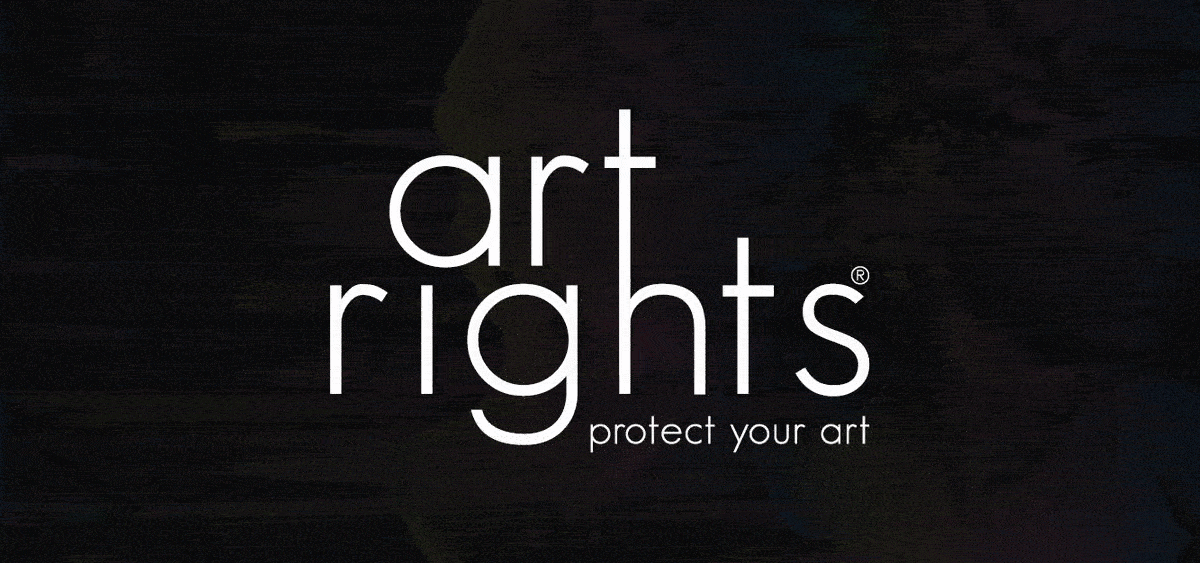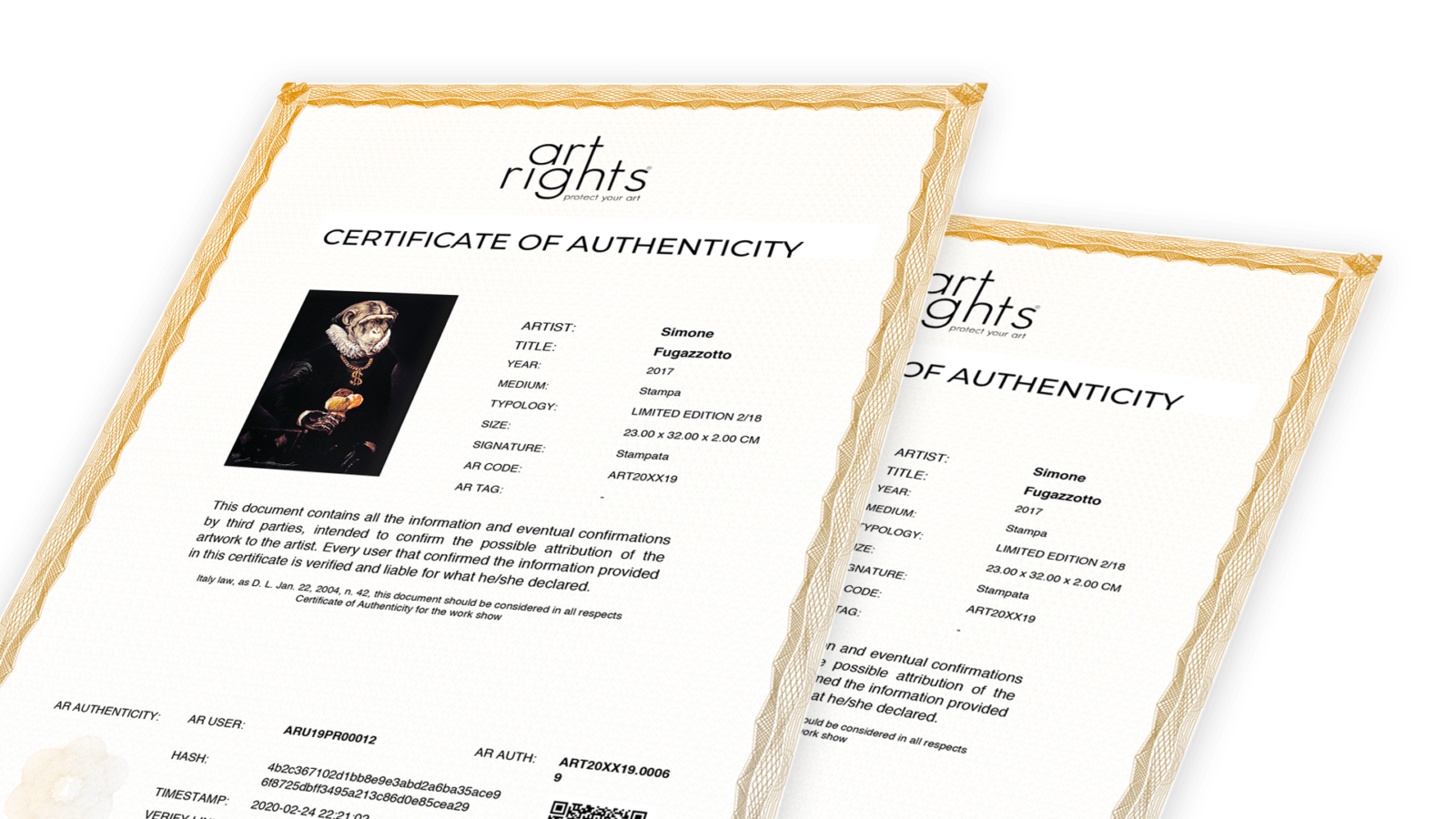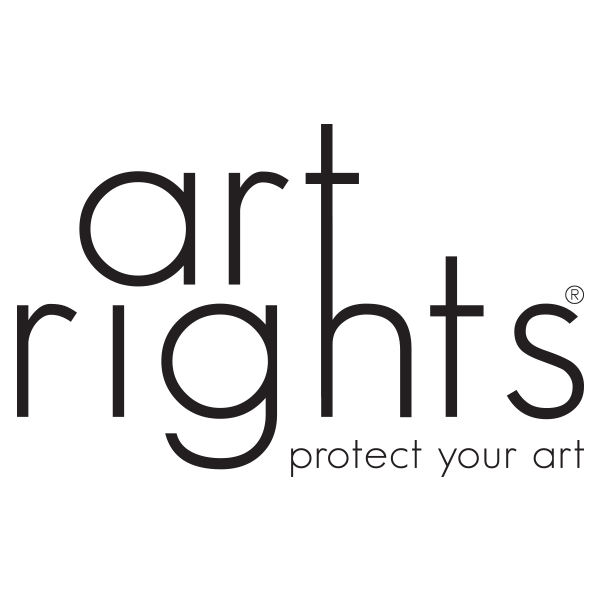MUSEOLOGY, A TURNING POINT IS NEEDED!
Looking for a method
by Roberto Concas
What will you do when you grow up?
The Museum Director.
For this answer, full of the hopes of the young and more adults of the culture sector, one could give political “blame” to Dario Franceschini , Minister of Cultural Heritage and Activities and Tourism, as well as to museums, including private ones, which just before the lockdown where increasing the attendance of visitors exponentially.
Five years after the ministerial reform, launched with Ministerial Decree 171/2014 revisited in 2019 and 2020, there are over 400 the appointments of the directors of state museums, of which about 40 at the head of the great autonomous museums , Olympus for a few super selected elects.
The MiBACT it has changed its skin, reinforcing the role of museums with profiles of innovation and modern visions , a reform expected for at least twenty years, although some resistances remain, undisguised will for a return to the past and discontent of the Superintendencies.
THE NEW SPECIALIZATIONS
Reforms are never complete or satisfactory for everyone, but it is intriguing to note how the axis of interest of the new generations has lately shifted from classic materials such as Archeology, a lasting study myth for many, towards museums and related professions.
We are witnessing a proliferation of courses, specializations, masters and doctorates concerning the many museum subjects , from cultural, technical, managerial and economic management up to that of architectural, technological and safety design.
However, it could be said that this is not yet a real “revolution” of museum thinking, but more likely only an adjustment in the running, an update almost obliged by the continuous modification of the demand and the market rather than the museum offer.
The after lockdown , just started, it will be another demonstration for which all museums are and will be quickly forced to modify and adapt their cultural offer to respond to a new and unimaginable emergency, even sanitary.
THE MUSEALIZATION
It is difficult to say whether this given condition of the emergency, as well as the ministerial reform and the new study paths will be able to contribute or not in drawing a clear line of demarcation towards a new museology with updated theoretical thinking, for methodologically advanced and better oriented museums. addresses of a Digital Humanities.
The problem remains of a purely conceptual type, for which we cannot maintain old schemes whether they are methodological, constructive, set-up or simply operational, thinking of renovating museums and their cultural offerings. In practice it is not possible to continue to do only the restyling.

THE 70’s MUSEUMS
In this phase, necessarily of debate, it could be simpler, but not for this less painful, to try to list some of the main aspects that condition, not a little, a possible new museology , as happened for example around the seventies , with private museums, foundations and local authorities that “calmed” the exclusive presence of only the public offer state.
However, even if the active and “colorful revolution” democratic of the local museums also carried within their ambitions the limits of the objective to be reached: to reach them museum models of public ones.
For these new museums they “lent themselves” then for the preparation, direction and promotion , the figures of university professors and researchers, archaeologists as art historians, some anthropologists, geologists, botanists, architects, engineers and even some doctors.
Without them the “museum revolution” would not have been possible, but little has changed since then and some of these professionals still represent, and perhaps in spite of themselves, the figure of the director who, with a mandate from the State, keeps the keys of the shop windows in pocket, or that of the researcher with the “medal” of the museum direction!
THE NEW PROFESSIONALS
Very rare then, as in a large part still today, the presence of structured museologists with experiences of planning, setting up and museum management with cultural as entrepreneurial perspectives, able to combine scientific knowledge with collective use and to organize an updated museum offer close to civil society .
Naturally, I have distinguished myself for some examples of great stature, more generally there are still many, and perhaps too many, the professionalism “lent” to the direction of the museums and coming from specialized study addresses, but without any specific matter concerning museum display or museum management.
It has become essential to put order, first of all, in the professionalism as well as in the museum’s methodological guidelines, for which creating a museum or modifying a setting does not mean commissioning an architectural project with its specifications, or fill in dense descriptive panels, but bring experiences together in a common goal and be able to coordinate them .
Many of these “experiences” have assumed very specific identities and roles for museums, as Andrea Concas writes in his volume ProfessioneARTE published by Mondadori Electa, recently masterfully reviewed by Marco Enrico Giacomelli for Artribune.
MUSEUM AND IDENTITY
Each museum has its own identity, a soul which must remain in continuous relationship with the society that wanted it, its territory, its public, its cultural assets, while its technologies, and in particular its environments, will have to offer the staff that takes care of it, for many hours a day and for years, a high and renewable quality of life and architectural spaces.
Museums will have to modify their communication systems and organize many more to become universally “accessible” even online , breaking down cultural barriers such as social, linguistic, architectural and physical barriers of territorial distances.
It will not be simple because the change must be both radical and in the wake of tradition.
